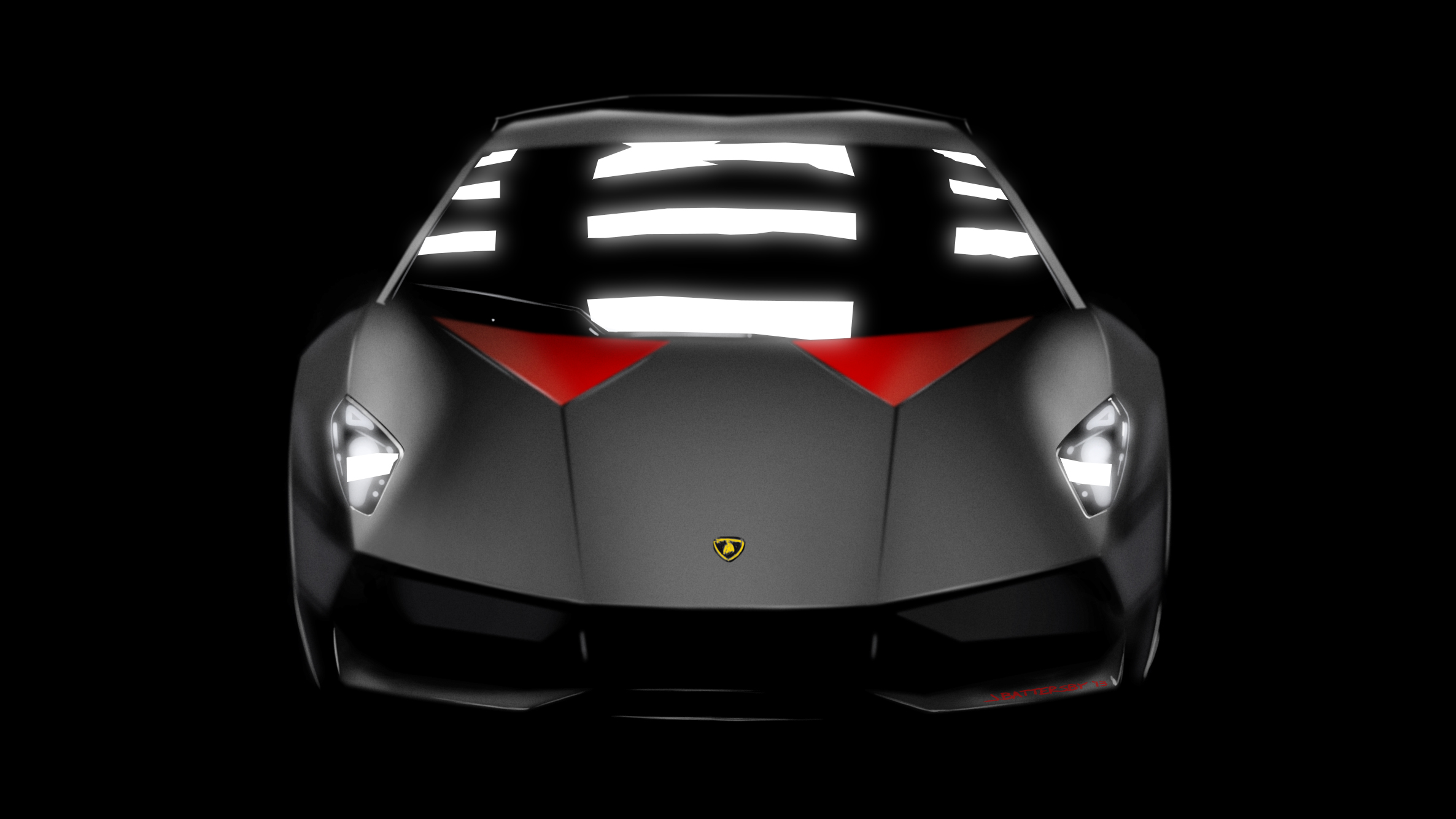
The 2013 Ford Fusion first entices with its handsome styling. A bold grille, curvaceous sheet metal and a slightly longer and wider body give the new Fusion a sportier and more upscale look than its predecessor. Underneath, the Fusion is based on a new "world-car" platform from Ford that offers more structural rigidity for both enhanced safety and improved driving dynamics. And while the Fusion's exterior dimensions grow only slightly, the interior expands noticeably to better accommodate passengers.
The new Fusion’s overall look was previewed by last year’s Evos concept. The production model looks like, well, a big Focus, or possibly a small Taurus. Surprised? Neither are we, especially given the spy shots we nabbed last summer. (Europeans waiting for the new-generation Mondeo will be even less surprised than we were here, since this Fusion provides a deep look into that car.) But lack of astonishment or no, there’s no denying that the new Fusion is pretty darn handsome, even if it’s not as aggressively creased as the Focus.
Vehicle Overview
Ford redesigned the Fusion for 2013 as a global car headed for international markets as the Mondeo. It's a different tack from the prior Fusion, which was distinct from its international counterpart. Like the Hyundai Sonata and Kia Optima, the Fusion ditches its V-6 for a turbocharged four-cylinder, but all-wheel drive remains available. Family-car shoppers have a bumper crop of big-name redesigns, as the Fusion vies for attention against a redesigned 2013 Chevrolet Malibu and 2012 Toyota Camry, and imminent makeovers for the popular Honda Accord and Nissan Altima.
Fusion trim levels include the S, SE and Titanium. Ford also markets a Fusion Hybrid and, for the first time in nameplate history, a plug-in hybrid dubbed the Fusion Energi.
Exterior
Design cues mirror the Evos Concept from the 2011 Frankfurt Motor Show, with thin headlamps that sweep clear toward the front fenders and a low, forward grille. The belt line stays visually flat in contrast to the rising lines on most sedans. The bumper runs flush with the trunk lid, with integrated tailpipes beneath. Wheels range from 16 to 19 inches.
Interior
Inside, the Fusion adopts MyFord Touch with a few more physical keys along with detents to help drivers find buttons easier. Thinner seats free up rear legroom, and Ford says it moved the dash closer to the windshield to open up visual space. A three-spoke steering wheel stacks audio controls under Ford's five-way directional keys, which control LCD menus that flank the speedometer.
Ford dumped the manual parking brake for a button-actuated electronic one, and higher trim levels have piano-black trim, dual-zone automatic climate control and leather seats.
Under the Hood
Engines nearly match those in Ford's Escape crossover, with a 170-horsepower, 2.5-liter four-cylinder standard. Ford markets the Fusion's two turbo four-cylinders under its EcoBoost banner is : a 179-hp 1.6-liter and a 237-hp 2.0-liter. The latter will serve performance enthusiasts, as Ford has no plans for a V-6. A torque-vectoring all-wheel-drive system will be optional on the 2.0-liter turbo. Ford says it redesigned the Fusion's multilink rear suspension and improved its hood sealing, which should help quiet the cabin.
All three engines team with a six-speed automatic, and the turbo 1.6-liter will have a six-speed manual option. The 1.6-liter Fusion gets automatic start/stop technology to be the gas mileage leader among non-hybrid models, but the 2.0-liter turbo and 2.5-liter base four-cylinder will have highway mileage in the low 30s. All three engines run on regular gas.
Safety
Front and side airbags, and including dual knee airbags, are standard. So are the federally required antilock brakes and electronic stability system. High-tech safety features rival many luxury cars, with lane departure warning and mitigation systems, drowsy-driver detection and adaptive cruise control with forward collision warning. A blind spot warning system, cross-traffic alert and Ford's automatic parking system are optional.










































